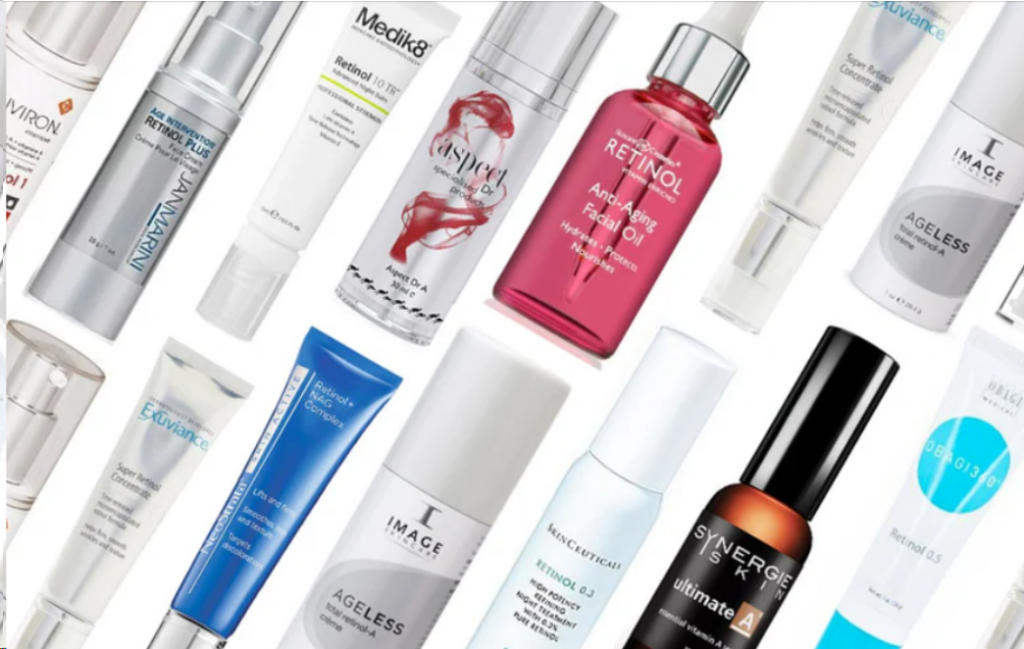
When incorporating retinol into your skincare regimen, it’s crucial to be mindful of certain products that can lead to irritation or adverse reactions. Here are eight products you should avoid using alongside retinol:
- Alpha Hydroxy Acids (AHAs) and Beta Hydroxy Acids (BHAs): Exfoliating acids like glycolic acid and salicylic acid can heighten skin sensitivity. Their combined use with retinol can result in excessive dryness and irritation. Buy Now:https://www.ulta.com/p/scalp-revival-megastrength-dandruff-relief-shampoo-charcoal-ahabha-pimprod2034489?sku=2600267
- Vitamin C Products: Using retinol with high concentrations of vitamin C can be too aggressive for the skin, leading to irritation. To minimize this risk, consider using vitamin C in the morning and retinol at night.
- Benzoyl Peroxide: Commonly used for acne treatment, benzoyl peroxide can be drying and irritating when used with retinol. This combination may increase skin sensitivity and redness.
- Physical or Chemical Exfoliants: Exfoliating scrubs, brushes, or treatments can irritate the skin when combined with retinol. Over-exfoliation can damage the skin barrier and lead to irritation.
- Certain Prescription Topicals: Avoid using other prescription-strength products, such as topical antibiotics or additional acne medications, unless directed by your dermatologist. Combining these with retinol can increase irritation.
- Harsh Cleansers: Cleansers that strip the skin of natural oils can exacerbate the dryness and sensitivity caused by retinol. Opt for gentle, hydrating cleansers that protect your skin barrier.
- Alcohol-Based Products: Toners, astringents, and other products with high alcohol content can worsen the drying effects of retinol, leading to increased irritation.
- Fragranced Products: Fragrances can irritate sensitive skin, especially when combined with retinol. To reduce the risk of irritation, use fragrance-free products.
To safely incorporate retinol into your skincare routine, introduce it gradually and pay attention to your skin’s response. Consult with a dermatologist for personalized advice if you’re uncertain about the best way to use retinol.





